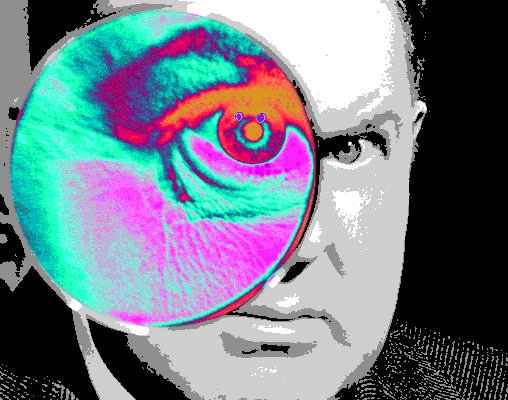Spy boss says issues shifting
 One of Australia’s top spy chiefs has warned foreign interference is a bigger threat than terrorism.
One of Australia’s top spy chiefs has warned foreign interference is a bigger threat than terrorism.
Outgoing head of Australian Security Intelligence Organisation (ASIO), Duncan Lewis, says there are three major security challenges confronting Australians: terrorism, cyber warfare, and foreign interference (including espionage).
He says the third of that list is on a “growth trajectory” that makes it a greater threat than terrorism.
Speaking at a Lowy Institute forum in Sydney.
“It's my view that currently, the issue of espionage and foreign interference is by far and away the most serious issue going forward,” Mr Lewis said.
“Terrorism has never been an existential threat to established states – for weaker states, yes, but for a place like Australia terrorism is not an existential threat to the state.
“It is a terrible risk that our populations run and it is a very serious matter which must be addressed every day: the counter-espionage and foreign interference issue, however, is something which is ultimately an existential threat to the state.”
He said public attention and media drama often promote terrorist attacks, but the threat of espionage is tougher to recognise.
“The harm from acts of espionage may not present for years or even decades ... these sorts of activities are typically quiet, insidious and have a long tail,” Mr Lewis said.
Mr Lewis said the risk of terrorism remained a threat, and its risk is “unacceptably high”, but it is not rising, unlike the other threats.
“Terrorism has plateaued, it is not increasing, it has plateaued and it is at an unacceptably high level. We have attacks continuing. They are regular and they will continue,” he said.
“Counter-espionage and foreign interference … that is still on a growth trajectory.”
Mr Lewis said espionage is thriving in our increasingly technological world.
“Communities and countries are able to interfere in one another's business now, because you can,” he said.
“There are conduits through all of those technological advances of globalisation: the internet, instant communication … social media, that will allow influence to be exerted remotely.”
Mr Lewis said intelligence officers have a reasonable handle on cyberattacks, but they are “getting a better understanding of the breadth and the depth of the cyber vector to us”.
Mr Lewis will retire in late September after five years as ASIO chief. He will be replaced by current Australian Signals Directorate chief Mike Burgess.







 Print
Print